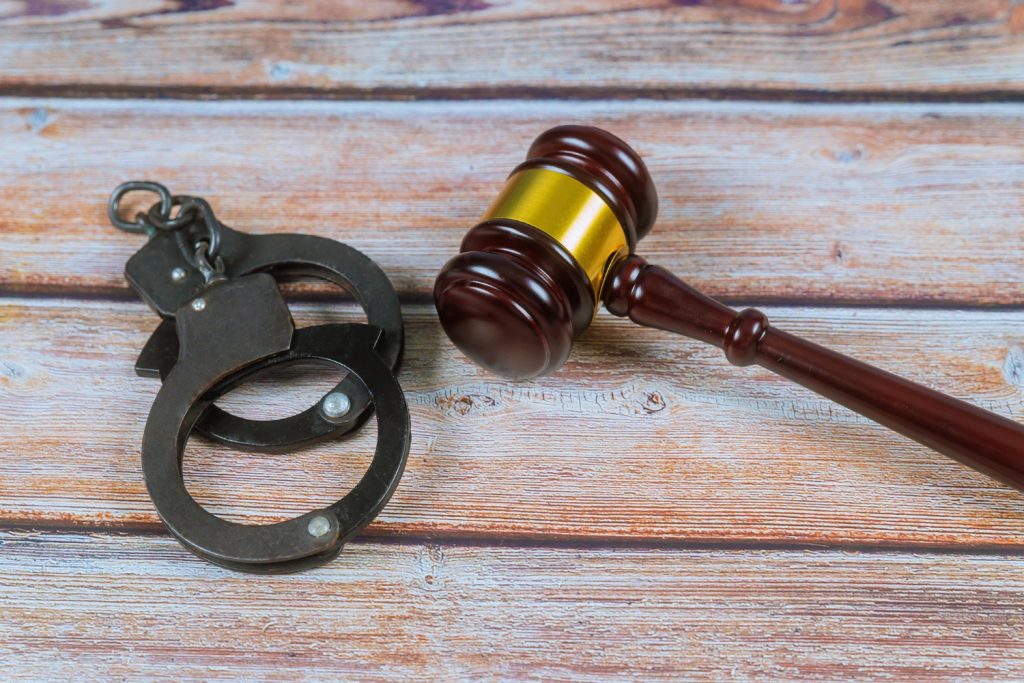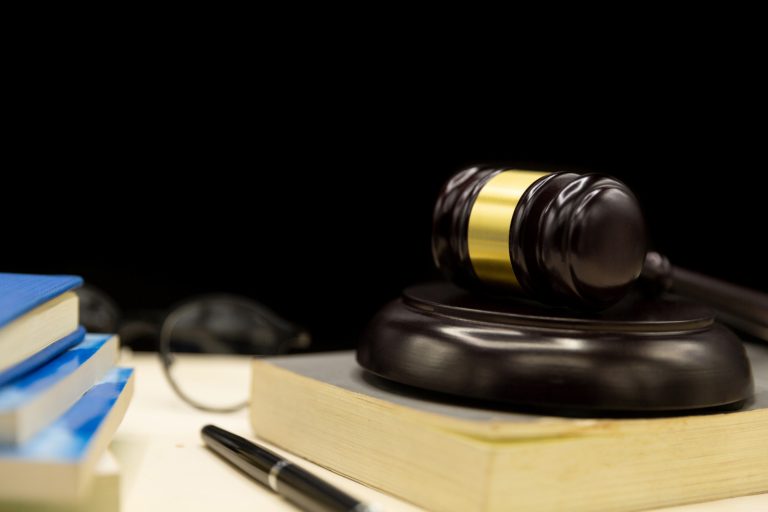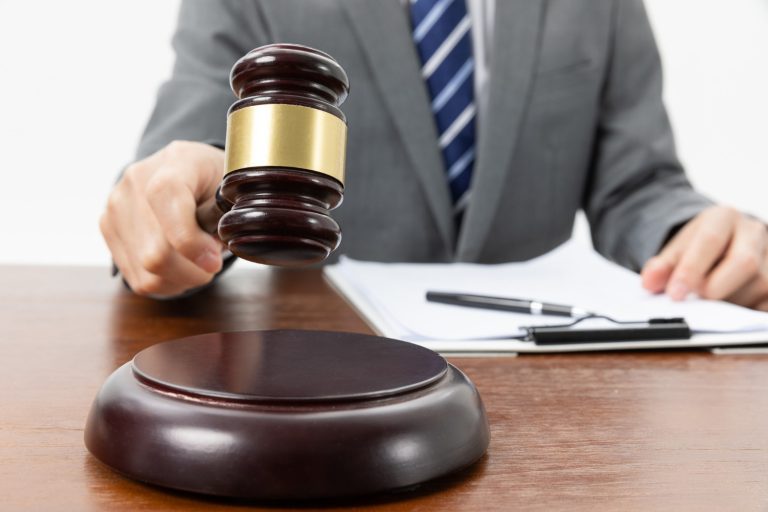At MenduniMartindill, we understand how confusing legal matters can be, especially when it comes to violations of protective orders in Texas. Did you know that breaking a protective order can lead to severe consequences? As experienced divorce lawyers, we are here to guide you through these complexities and help you understand your rights. In this article, we will break down what constitutes a violation, the potential penalties, and what steps you can take to protect yourself legally.
As indicated in the Texas Penal Code, a violation of a protective order occurs when an individual knowingly or intentionally disobeys a court-issued order meant for protection. This can include going near the protected person’s home, work, or school. Violations can lead to criminal charges and penalties, including jail time.
Understanding Texas Protective Orders
In Texas, protective orders are powerful legal tools issued by the court to shield individuals from imminent danger or threats, reflecting the state’s commitment to personal safety.
These orders are often used when there is domestic violence, stalking, or harassment. They tell the person named in the order what they must do, like staying a certain distance away from the protected person or not contacting them at all.
Breaking a protective order is very serious and can lead to legal trouble. Protective orders can be temporary or permanent, based on the situation and the court’s choice. It’s important to understand and follow the rules of a protective order to keep everyone safe.
Consequences of Violating Protective Orders
Violating a protective order can lead to immediate arrest and severe legal penalties.
In general, if someone breaks a protective order, they could be charged with a crime, fined, or even go to jail. This can also affect any future court cases and decisions about child custody. The protective order might be changed to have more restrictions.
Such actions can make the victim feel more scared and unsafe, and the situation could get worse or more violent. In general, breaking a protective order is a serious matter with big legal, social, and personal consequences.
Legal Penalties for Violations
Legal penalties for violations can range from fines and community service to imprisonment, reflecting society’s way of maintaining order and justice.
Penalties for breaking the law can differ based on how serious the offense is and where it happened. Common punishments include fines, probation, community service, and imprisonment.
Fines are money that people or businesses must pay when they break the law. Probation means the person must regularly check in with a probation officer and follow certain rules, like going to counseling or avoiding drugs and alcohol. Community service requires the person to do unpaid work to help the community.
Imprisonment is the toughest punishment and means the person goes to jail or prison. The time they spend in jail can vary depending on what they did and their history with the law.
There are also civil penalties like lawsuits or court orders. These are meant to compensate victims or stop further harm.
Penalties are meant to stop people from breaking the law and to punish those who do. Following the law is important to keep everyone safe and maintain order in society.
Reporting a Violation
Documenting a violation effectively with solid evidence like photographs or witness statements can significantly strengthen your case.
If you see a violation, let the right authorities or organization know. Give them all the details, like when and where it happened. Be ready to answer questions or give more info if needed.
Check back with them to make sure they’re looking into it. Stay calm and act professionally during the process. Reporting violations helps keep our environment safe and fair for everyone.
Defending Against Violation Charges
Knowing the precise allegations against you can significantly increase your chances of successfully defending against violation charges.
If you’re facing legal trouble, it’s important to understand your rights and how you can defend yourself. Here are some simple steps you can follow:
- Get Legal Advice: Talk to a lawyer to know your rights and what you can do to defend yourself.
- Gather Evidence: Collect any proof that supports your side of the story.
- Work with Authorities: Follow legal procedures and cooperate with the police and courts.
- In generalConsider Settling: Think about negotiating a settlement or plea deal if it’s suitable for your case.
- Act Fast: Quickly protect your rights to reduce possible consequences.
- Find a Good Lawyer: Hire an experienced attorney to guide and represent you.
- Stay Calm and Professional: Keep calm and avoid making your situation worse.
By being proactive and seeking the right legal help, you can defend yourself better and aim for a positive result in your case.

My Concluding Remarks
In Texas, violating a protective order is a serious offense that can result in criminal charges and penalties.
What MenduniMartindill is saying to think about is, it is very important for individuals to understand the terms of their protective orders and comply with all restrictions to avoid legal consequences. Failing to adhere to the conditions set forth in a protective order can lead to arrest, fines, and even jail time.


